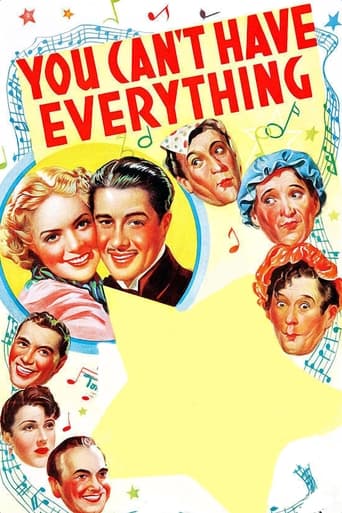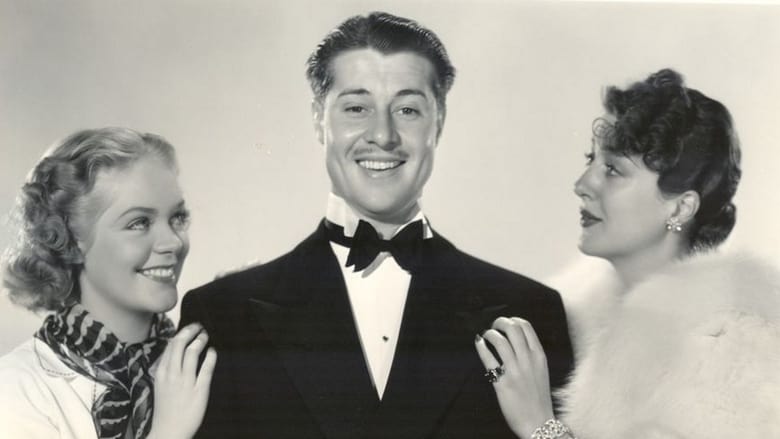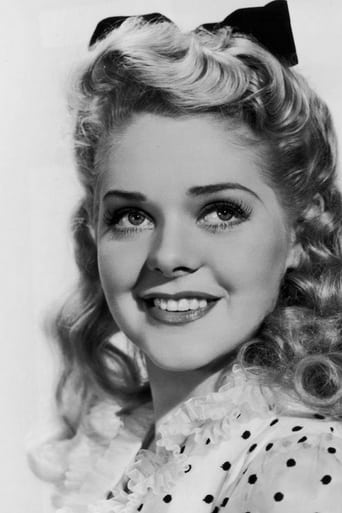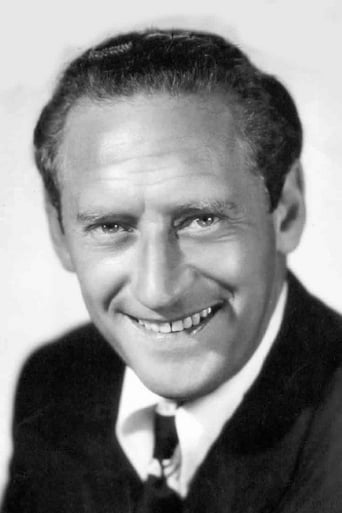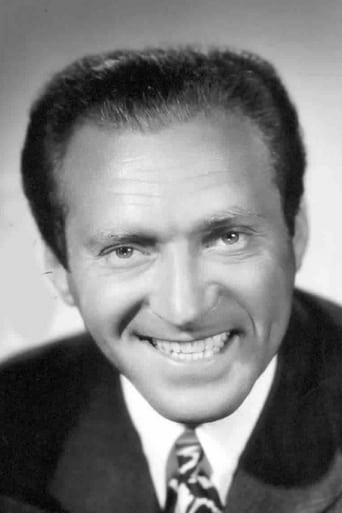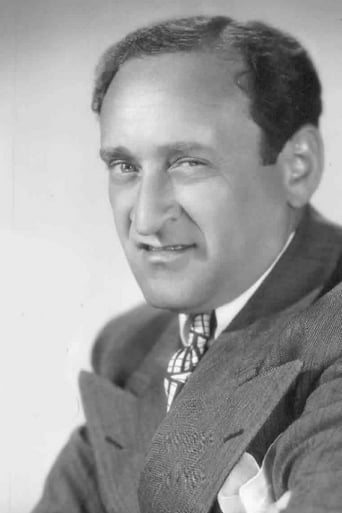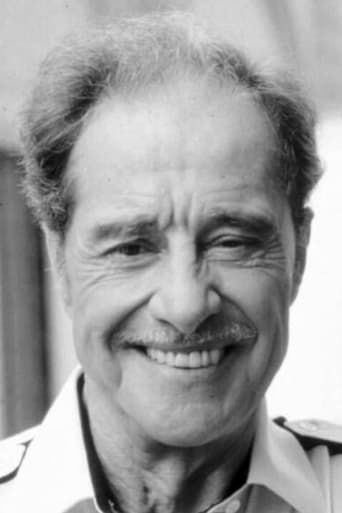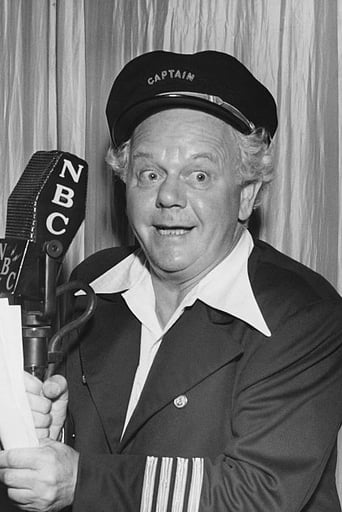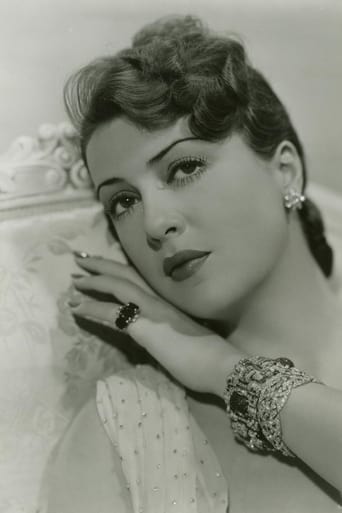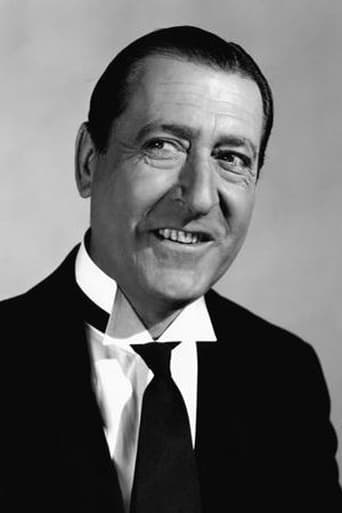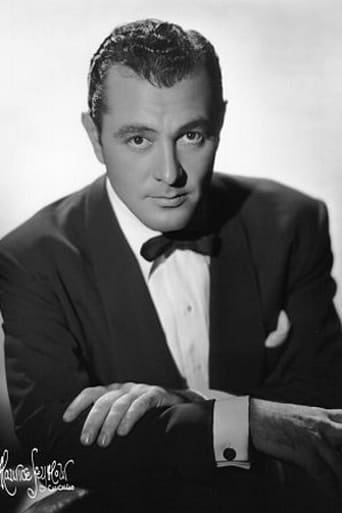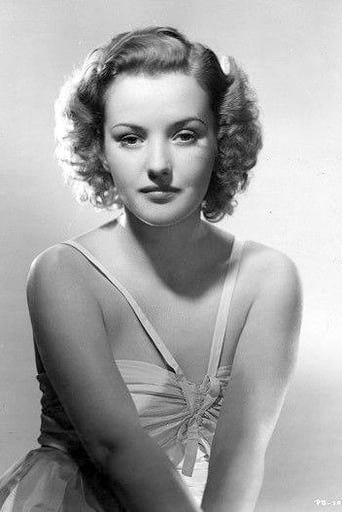Starving playwright Judith Wells meets playboy writer of musicals, George Macrae, over a plate of stolen spaghetti. He persuades producer Sam Gordon to buy her ridiculous play "North Winds" just to improve his romantic chances, and even persuades her to sing in the sort of show she pretends to despise. But just when their romance is going well, Gordon's former flame Lulu reveals the ace up her sleeve...


Similar titles
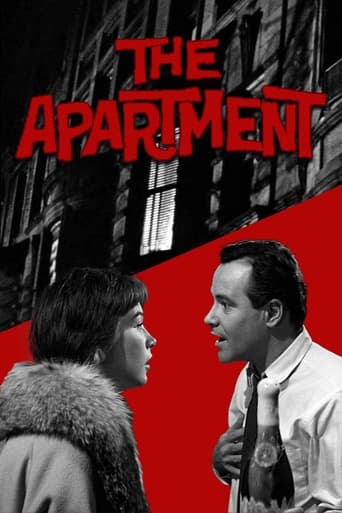
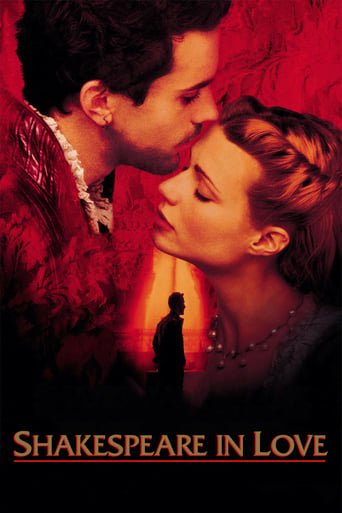
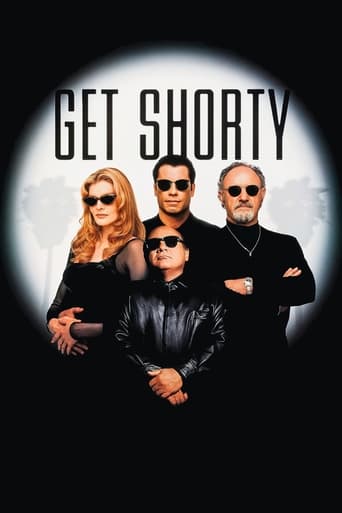
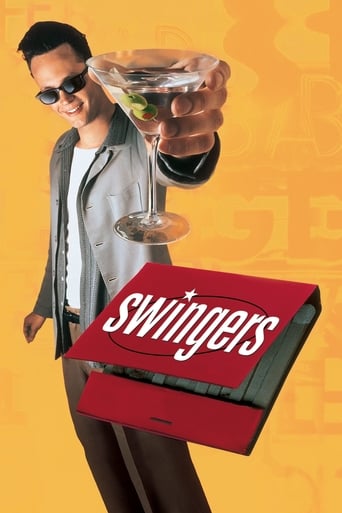
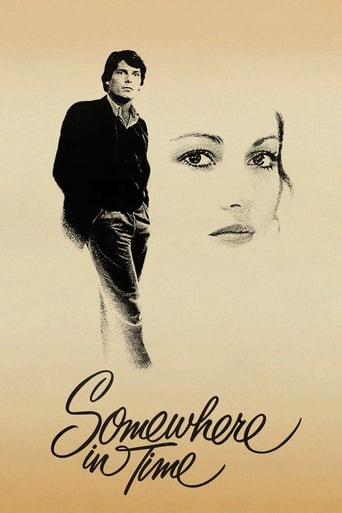
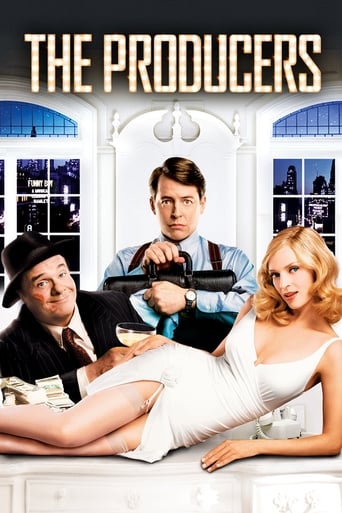
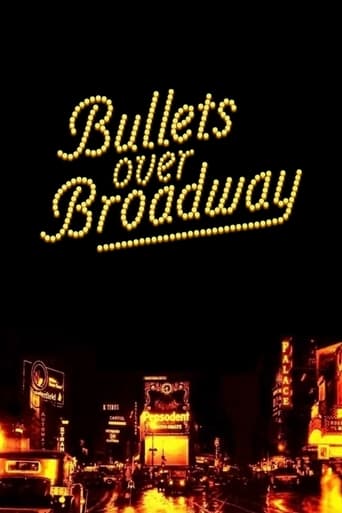
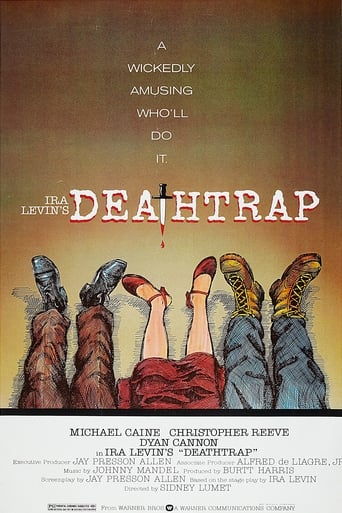
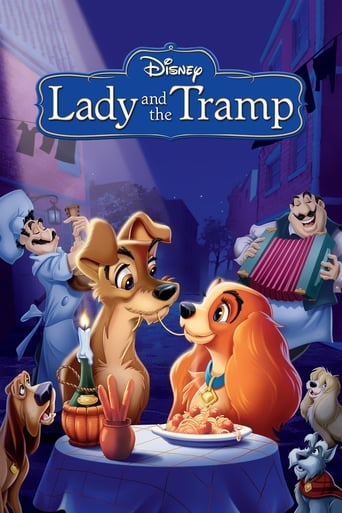
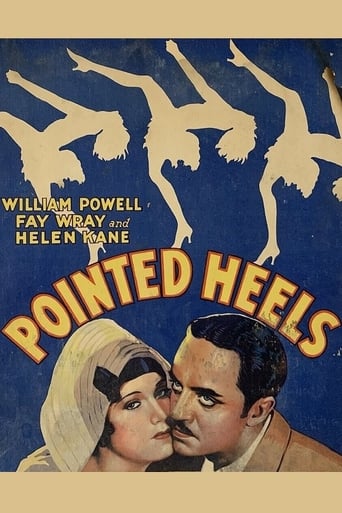
Reviews
That's as in Alice, not Dunaway. But, you'll never know how much you'll love her until you see some of her pre 1940's work when she really was the queen of the Fox musical, filled with more pip and pizazz that the Zanuck studio would when they signed another blonde named Betty Grable. Back then, Alice Faye was pluckier and sexier, not quite like Harlow (as she had been during her earlier days), but certainly tougher, and not so Ann Harding like when they began to make her characters more long suffering.The story here has her as a starving playwright who sings for her supper in an Italian restaurant after revealing she doesn't have money for the two healing helpings of spaghetti she scarfed down. Drunk theatrical producer Don Ameche decides to secretly help her out, with objections from his boss, Charles Winninger, and his socialite stalker, Louise Hovick, aka Gypsy Rose Lee, who claims to be married to him. Ameche's aided by the silly Ritz Brothers, and by chance, Ameche tries to get her to star in his big musical (which she hates) so he can get rid of his pain in the butt diva star, Phyllis Brooks, whom everybody seems to hate. Clara Blandick ("Auntie Em") plays a nasty customer in the music shop in Faye's home town which indicates why she left there in the first place. I'm wondering, however, if there was an opening scene with Faye cut from the film in this provincial hovel of babbity people like Blandick that made her decide to leave in the first place. Hovick/Gypsy is so camp in her deliciously bad acting, but it fits her off screen image.This is the 20th Century Fox musical at its delightful best, with Faye joined by real life husband #1 Tony Martin in the show within the movie scenes. Ameche gets to sing as well, a sign of things to come when he later sent on to become a musical comedy star himself on Broadway. Of course, this has all the formulatic elements that many 1930's and 40's musicals had, but it works here very well. The Ritz Brothers are very funny in a production number about long underwear. The title may be true in life, buy as far as this film is concerned, it couldn't be further from the truth, but that's a good thing.
Alice Faye and Don Ameche were both rather young Fox contract players, both with acting and singing talent. So, it made sense to put them together as the stars of a musical comedy. This was the first of 6 films they made together over the next 5 years, 5 of them musical comedies, although Tyrone Power would usurp Ameche as Alice's main romantic interest in two of them. In terms of music and star power, no doubt the most famous of this series was the Irving Berlin-scored "Alexander's Ragtime Band". As with the often quoted summation of the appeal of the Astaire & Ginger musical team, Ameche gave the Hell's kitchen-bred Alice class, and Alice gave Ameche additional sex appeal. Of course, it was actually more complex than that. Alice was then the more famous to movie goers, having costarred in two Shirley Temple films the previous year, where she got to sing solo or with Shirley. The team of Harry Revel and Mack Gordon composed most of the songs for those films, as well as the present one. While not as memorable as many of Berlin's songs, they are certainly generally adequate in the context of the screenplay. Beginning in 1940, when Harry Warren moved from Warner to Fox, Mack would write the lyrics to some more enduring songs, including Alice's best remembered song: " You'll Never Know", and a number of Glen Miller's hits.Here, we have additional musical and comedic talent in the supporting players. The Ritz Brothers were signed by Fox for the last years of the '30s, and usually were first or second -billed. They permeate this whole film. most viewers today, including me, don't find them terribly amusing. However, as some others have noted, they are at their most tolerable in this film. Who else could carry a musical comedy production about long underwear? They aren't the only featured male trio. The African American gymnastic dance team of Tip, Tap, and Toe are featured in one number. They were one of several AA groups of 2, 3 or 4 gymnastic dancers featured in the occasional musical, long before Michael Jackson. The Nicholas Brothers, no doubt, were featured in the most films. The Four Step Brothers were also impressive in their performances in Universal's "When Johnny Comes Marching Home" (see on You Tube).Gypsy Rose Lee, in one of her few film appearances, is another major character, cast as 'the other woman', trying to hold onto Ameche in the face of his obvious infatuation with Alice's character. Blond Phyllis Brooks takes on the thankless role of Alice's unpleasantly snooty established stage rival. Phyllis comes across as much more appealing in the contemporary Shirley Temple-starring "Rebecca of Sunnybrook Farm", where she was allowed to show that she could sing as well as Alice, and be appealingly sexy, even if she was again 'the other woman'.Veteran vaudeville and film character actor Charles Winninger is given a subdued straight role as the Broadway producer of musicals, and associate of Ameche, not allowing him to exhibit his comedic talent seen in some other films of the '30s and '40s(example: "Pot of Gold"). Noted violin player David Rubinoff is given several opportunities to show his talent. Tony Martin, Alice's new husband, shows off his considerable singing talent in several numbers, albeit without commensurate acting talent. Band leader and singer Louis Prima also gets several chances to strut his stuff. Stiff Arthur Treacher does his usual British butler role. He is probably best remembered for his contributing roles in several Shirley Temple films. The film begins with Alice entering a NYC Italian restaurant, ordering several plates of spaghetti, then announcing that she has no money, and strangely requesting that the waiter call a policeman to arrest her. Why?? The nearby tipsy Ameche offers to pay her bill. She refuses, but it's discovered she has singing talent, in rendering the (so-so) title song. Ameche inquires why she can't get a job as a singer.She replies her ambition is to be a playwright of serious dramas, being a descendant of Edgar Allen Poe. Ameche arranges with Winninger to pay for the rights to Alice's poor play "North Winds", to help further his hoped-for romantic relationship with her, never mind that he already has a serious girlfriend and maybe wife in Gypsy. Gradually, he warms her up to the idea that she could make an excellent lead play actress and singer. However, she backslides periodically, especially when she discovers who he really is, and that her serious drama has been totally redone as a musical comedy. However, as expected, all are smiles at the end, after Winninger points out that, with this success, her future serious plays are more likely to be accepted.The musical productions and fashion walk portions of the film would certainly have benefited by being filmed in 3 strip Technicolor, just recently commercialized. The women are sometimes decked out with outrageously huge ornate headpieces.After the Ritz Brothers' "Long Underwear" production, Tony Martin later warbles the romantic "The Loveliness of You", with accompanying fashion walk. Alice later follows with the jazzy "Danger, Love at Work". Ameche, and later Martin, follow with the romantic "Afraid to Dream", then Alice, with the swing-styled "Please Pardon Us, We're in Love". Martin dominates the romantic singing, and the Ritz brothers the comedy in the final big production: no great shakes. Presently available on a minimalist DVD.
Starving artist Alice Faye cops a free spaghetti meal at an Italian restaurant and offers to work it off. Broadway director Don Ameche a little tipsy from a night's partying offers to pay her check, but she sings the title song for her supper instead.Alice could make a good living singing and dancing, but she's carrying a family burden. Her character name is Judith Poe Wells and her grandfather is none other than Edgar Allen Poe. She fancies herself a playwright. Therein lies a big problem for Ameche who's kind of gone goofy on the woman.Of course Ameche's other problem is Louise Hovick, later known as Gypsy Rose Lee. She's his demanding fiancé who even though she likes to play around on the side holds a marriage certificate over his head even though Ameche may have been blotto when he did the deed in Connecticut.All this is plot for a very charming backstage musical that also employs the talents of the Ritz Brothers and Alice's current husband Tony Martin. They sing a charming duet Called Afraid to Dream.However the title song of You Can't Have Everything was the big hit from this show and because studio boss Darryl Zanuck frowned on his stars recording their material for vinyl, Alice never did a contemporary record. The song as the rest of the material in the film is done by Harry Revel and Mack Gordon.Charles Winninger has a nice role as Ameche's producer. How they con poor Alice into doing what comes naturally is absolutely unmerciful.You Can't Have Everything is a great Alice Faye vehicle. And wait till you see who Gypsy Rose Lee ends up with. And I'm not sure how that final line from her new betrothed got past the censors.
Alice Faye, Don Ameche, The Ritz Brothers, Louise Hovick (Gypsy Rose Lee), Charles Winninger and Tony Martin star in "You Can't Have Everything," a 1937 musical from 20th Century Fox. MGM musicals were glamorous; Fox musicals were down to earth, glitzy, and just plain fun. This is one of them. Faye is a playwright, Judith Poe Wells, a distant relative of Edgar Allan Poe's, who takes herself very seriously. She meets a man (Ameche) at a restaurant while eating food she can't pay for and doesn't realize he is a major Broadway producer, George Macrae. He options her play, North Winds. In the meantime, his musical's ingénue (Phyllis Brooks) walks out of the show, and Judith is talked into replacing her by Sam Gordon (Winninger), George's business partner. Though there's another woman (Hovick), Judith falls in love with George and he with her. Complications ensue.Faye sings the title song and "Pardon Us, We're in Love" and she's wonderful - pretty, vivacious, and she sounds great. Ameche sings in a heady tenor, but the real male pipes in the film belong to Tony Martin, the star of the Broadway show, who sounds glorious. I admit to finding the Ritz Brothers annoying, especially because their numbers seem to go on and on. However, they do have funny moments here.Enjoyable film and a good example of a prime Fox musical.
